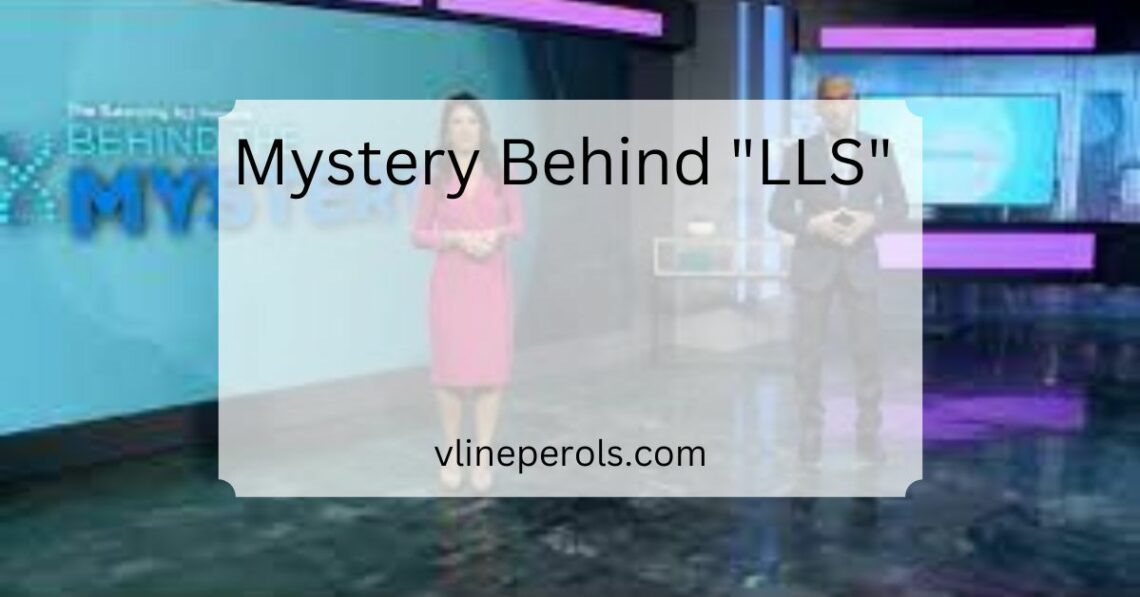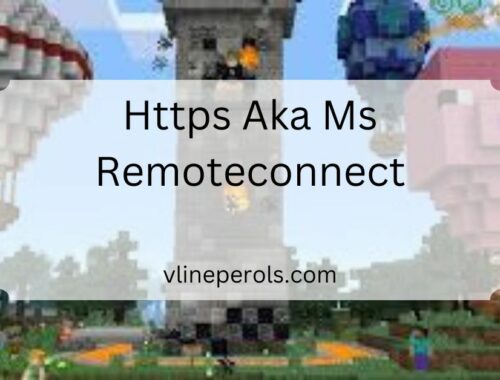
Unraveling the Mystery Behind “LLS” – Decoding its Meaning and Usage
In the vast landscape of internet slang and abbreviations, “LLS” is a term that has piqued the curiosity of many. As the digital realm continues to evolve, so does the lexicon used by its denizens. In this article, we will explore the meaning of “LLS,” its origins, and how it is commonly used in online communication.
- What Is the Difference Between Cardiology and Preventive Cardiology?
- 5 Ways Ticket Resale Platforms Protect Buyers and Sellers
- 6 Signs You Should Try PRP Injections
- 5 Benefits of Dentures
- 5 Reasons To See an OBGYN
The Origins of “LLS”
“LLS” is an acronym that stands for “Laugh Like SpongeBob.” SpongeBob SquarePants, a popular animated television series, has become a cultural phenomenon, and its characters and catchphrases have found their way into internet culture.
The character of SpongeBob is known for his distinctive laugh, which is characterized by three distinct L-sounds: “L, L, L.” This unique laughter has been adopted as a playful expression in online conversations.
Understanding the Usage
When someone types “LLS” in a message, they are conveying that they found something particularly amusing, akin to SpongeBob’s infectious laugh. It serves as a way to express laughter in a lighthearted and jovial manner. The use of “LLS” can add a touch of humor to text-based conversations, allowing individuals to convey their amusement without relying on traditional laughter emojis or explicit expressions like “haha” or “LOL.”
Variations and Alternatives
Like many internet abbreviations, “LLS” has various alternatives and variations, depending on personal preference or the specific online community. Some users may choose to use “LOL” (Laugh Out Loud) or other laughter-related expressions, while others might opt for SpongeBob-specific variations, such as “LLL” or “LLLSSS” to emphasize the distinctive sound of SpongeBob’s laugh.
Cultural Impact
The adoption of “LLS” into online communication highlights the influence of popular culture on digital language. SpongeBob SquarePants has been a beloved and enduring cartoon since its debut in 1999, and its impact on internet culture showcases how entertainment media can shape the way people express themselves in the digital realm.
It’s important to note that internet slang and abbreviations can vary across different online communities and platforms. While “LLS” may be well-known in some circles, others may use alternative expressions for laughter.
Evolution of Internet Slang
The emergence of internet slang and abbreviations like “LLS” is a testament to the dynamic nature of online communication. As people strive to convey emotions and reactions within the constraints of text-based messages, new expressions and acronyms continually arise.
“LLS” stands out as a prime example of the online community’s creativity in developing succinct yet expressive language to facilitate quick and humorous interactions. Its evolution from a specific SpongeBob reference to a widely understood expression demonstrates the fluidity and adaptability of internet slang.
SpongeBob SquarePants Influence
SpongeBob SquarePants, created by Stephen Hillenburg, has ingrained itself in popular culture with its quirky characters and memorable moments. The show’s impact extends beyond television screens into the digital realm, where SpongeBob references have become a shared language among internet users.
The choice of SpongeBob’s laughter as the inspiration for “LLS” speaks to the show’s enduring popularity and its ability to resonate with diverse audiences. It also highlights how a single cultural reference can give rise to a unique expression that transcends its original context.
Visualizing Laughter in Text
Expressing emotions through text can be challenging, leading to the widespread use of emojis and abbreviations to convey nuances that plain words may lack. “LLS” serves a specific purpose by visually representing the distinctive sound of SpongeBob’s laughter.
This visual element adds depth to online conversations, allowing individuals to not only convey laughter but also to evoke a mental image of SpongeBob’s infectious and distinctive chortle. In this way, “LLS” goes beyond being a mere acronym; it becomes a visual and auditory cue that enriches the online communication experience.
Community Building through Shared Language
Internet slang, including expressions like “LLS,” contributes to the formation of online communities by establishing shared language and cultural references. Users who understand and use these expressions effectively become part of a community with its own set of inside jokes and communicative nuances.
As “LLS” gains traction, it fosters a sense of camaraderie among individuals who recognize and embrace the reference, creating a unique bond through shared humor and cultural touchpoints. In this sense, the adoption of internet slang becomes a way for online communities to define their identity and strengthen connections among members.
Linguistic Adaptation in the Digital Age
The rise of internet slang, such as “LLS,” reflects a broader trend in linguistic adaptation to the digital age. With the prevalence of online communication platforms and the need for concise expression, users continually mold language to suit the evolving landscape.
“LLS” not only captures the essence of laughter but also exemplifies how users creatively repurpose existing cultural symbols to articulate emotions in a succinct and relatable manner. This linguistic adaptation showcases the dynamic nature of language in response to the unique demands of digital interaction.
Challenges and Ambiguities in Online Expression
While internet slang like “LLS” enhances communication efficiency, it also introduces challenges and potential ambiguities. The interpretation of abbreviations and acronyms can vary among individuals and communities, leading to occasional misunderstandings.
The fluid nature of internet language means that meanings and connotations may shift over time. As a result, users need to navigate this evolving linguistic landscape with a level of awareness and adaptability. Despite these challenges, the adoption of expressions like “LLS” underscores the resilience of online communication, where users continually develop and refine their unique lexicon to navigate the vast and ever-changing digital terrain.
Conclusion
In the ever-evolving landscape of internet communication, understanding and decoding abbreviations like “LLS” can be both entertaining and enlightening. In the case of “LLS,” it serves as a playful homage to SpongeBob SquarePants, capturing the essence of the character’s distinctive laughter.
As internet culture continues to evolve, so too will the lexicon, introducing new and creative ways for individuals to express themselves in the digital realm. So, the next time you come across “LLS” in an online conversation, you can join in the laughter and appreciate the playful spirit it brings to the discussion.
You May Also Like

Https Aka Ms Remoteconnect – Let’s Explore It!
April 2, 2024
Breaking Free: A Beginner’s Guide to Alleviating Financial Burdens
April 17, 2024

